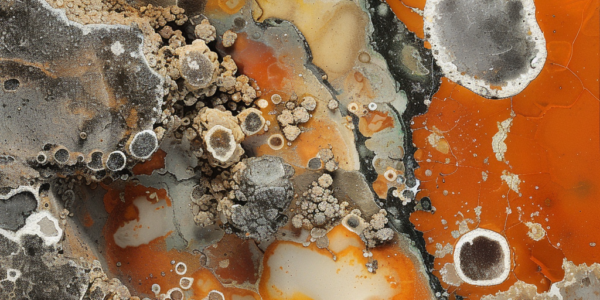Exploring the Resilience of Tubeworms in Deep-Sea Ecosystems
Discover the fascinating world of tubeworms, extraordinary invertebrates thriving in extreme deep-sea environments near hydrothermal vents and cold seeps. Learn about their unique adaptations, symbiotic relationships with chemosynthetic bacteria, and the critical research efforts by the Bureau of Ocean Energy Management (BOEM) aimed at protecting these vital ecosystems from the impacts of climate change and human activity.
Groundbreaking Discovery in 3.5 Billion-Year-Old Hydrothermal Vent Sediments
Researchers from The University of Western Australia have made a groundbreaking discovery by examining 3.5 billion-year-old hydrothermal vent sediments, shedding light on the origin and early evolution of life on Earth. The study, published in the journal Science Advances, was…


